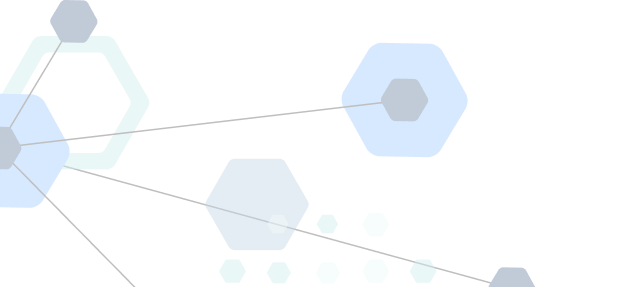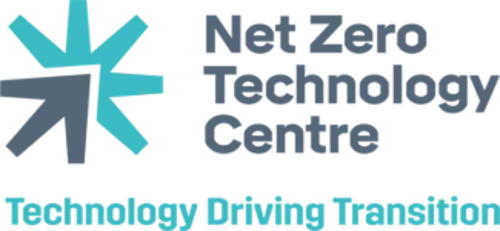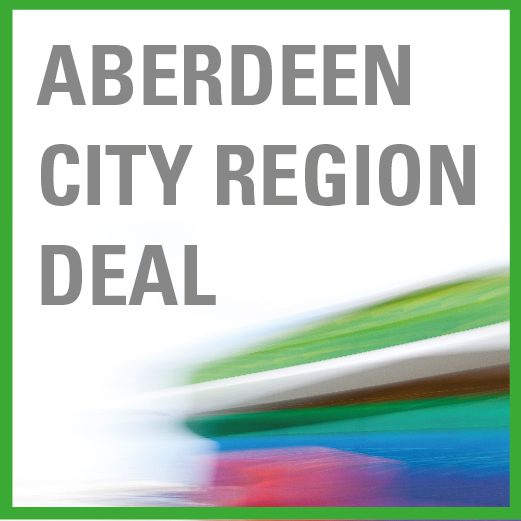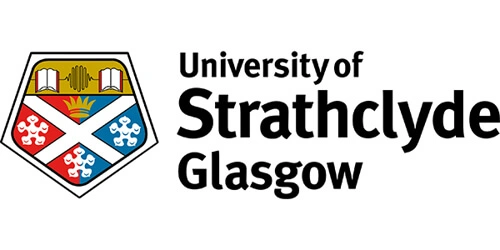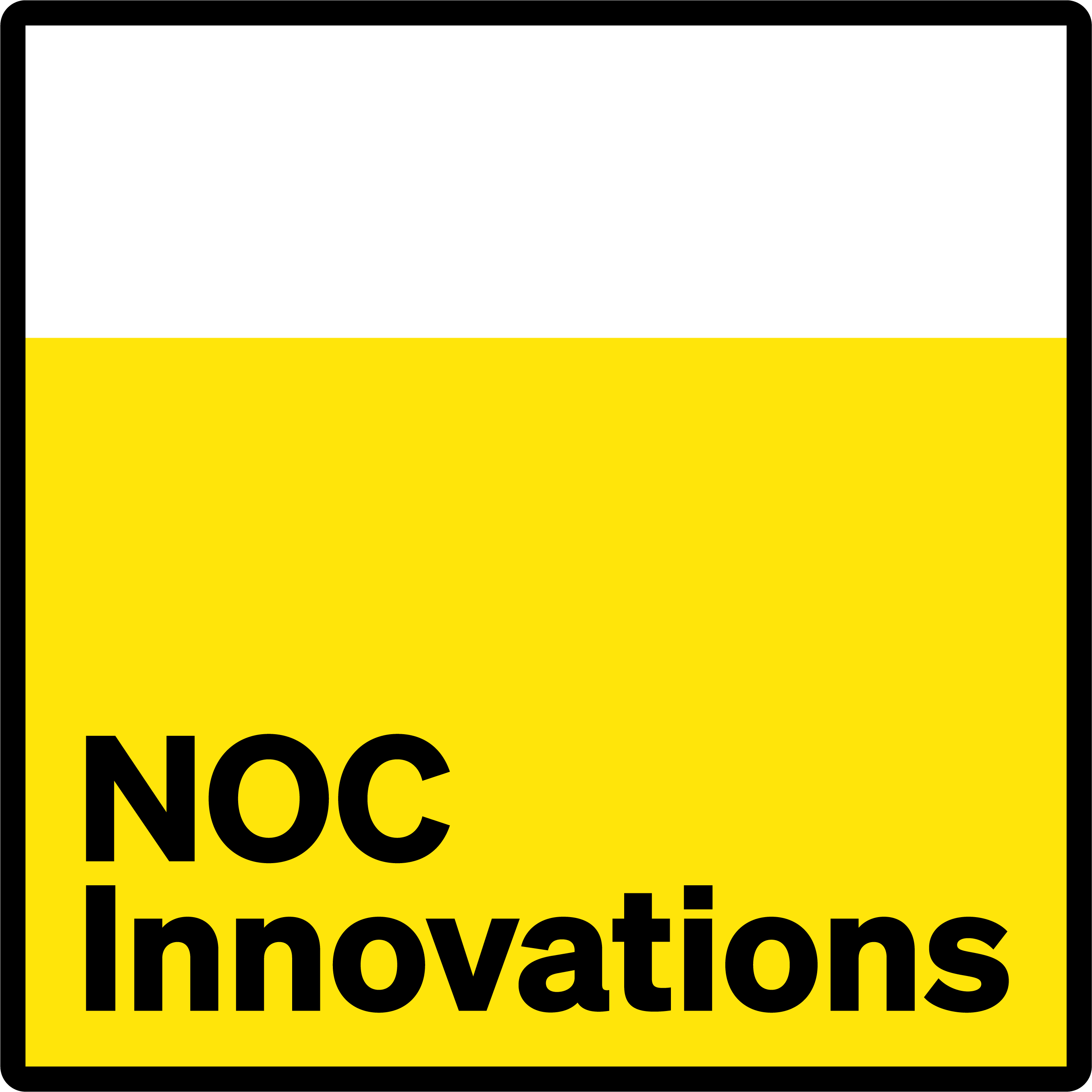The Net Zero Operations programme focuses on optimisation and modelling to solve real-world problems where the solution can be significantly enhanced by automated and efficient resource allocation and monitoring.
The computational intelligence (AI) techniques we specialise in have emerged over the years as an important technology to leverage the ever-increasing power of computers to tackle complicated real-life problems in a multitude of fields where optimisation, simulation and machine learning techniques can drive significant efficiencies.
The Net Zero Operations research programme is led by Dr. Ciprian Zavoianu.




